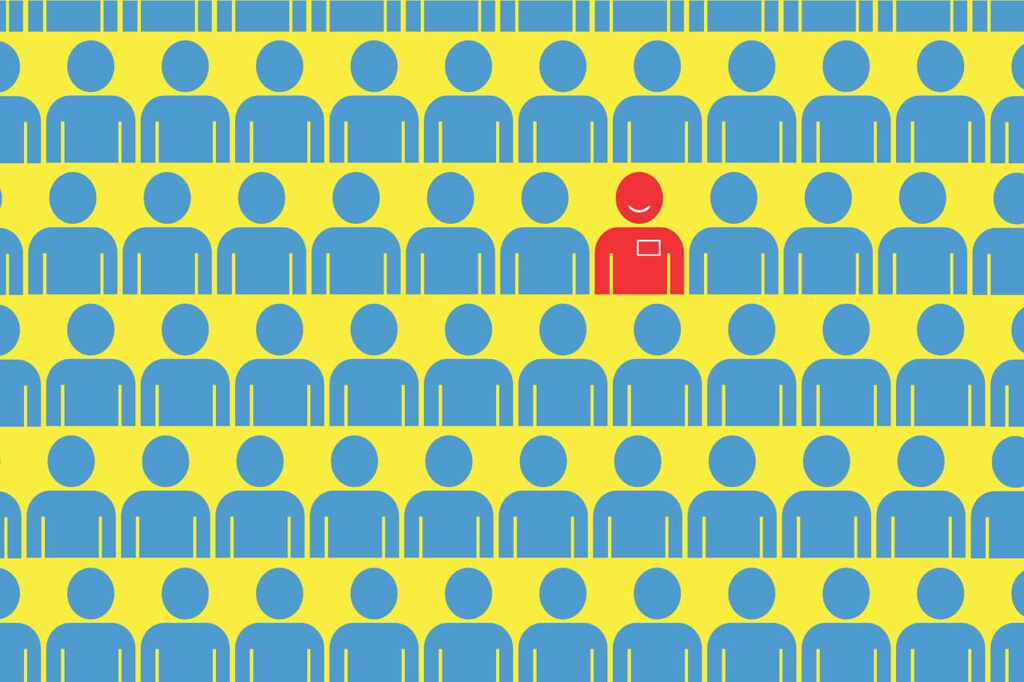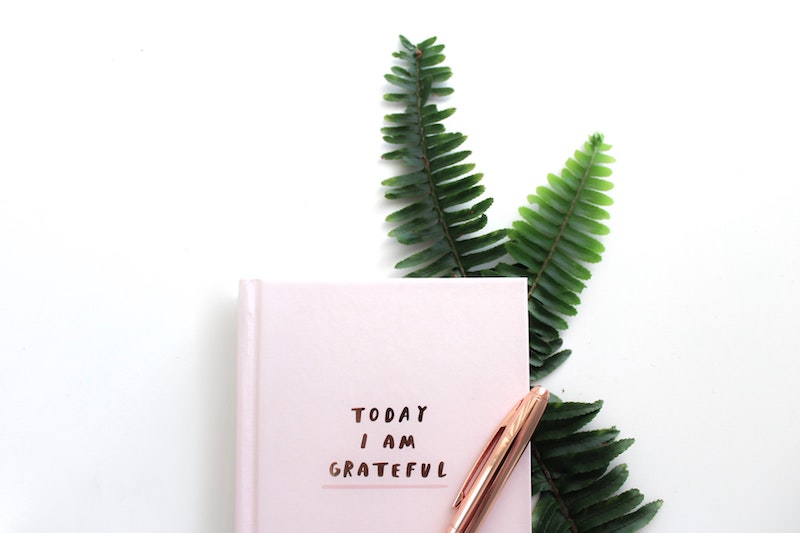[custom_frame_center] [/custom_frame_center] Maybe you’ve sent one CV, maybe you’ve sent 50, but when you get that one phone call, it’s all worth it. You have the interview for your next job and are ready to seal the deal. You have the suit, the experience, the credentials…but do you have the social skills to impress?
[/custom_frame_center] Maybe you’ve sent one CV, maybe you’ve sent 50, but when you get that one phone call, it’s all worth it. You have the interview for your next job and are ready to seal the deal. You have the suit, the experience, the credentials…but do you have the social skills to impress?
We’re not talking social media skills. In fact, some of the most skilled at Facebook and Twitter would not land the type of job you’re looking for. The art of being positively social – being present – does not lie in 140 characters or a killer post. Think Zig Ziglar, not Katy Perry (Twitter aficionado with over 70 million followers). An interview is you in real time – sans publicist, raw and unedited.
A recent article by Business Insider’s Kathleen Elkins, 7 Simple Social Skills That Will Make You More Likable, gives relationship advice that can be carried into your interview:
Make eye contact
Think of the interviewer as a shark – he or she can smell fear. From the time you talk on the phone to the time you close the interview door, your potential employer can read you. When you are face-to-face, show that you are completely present, focused and interested by establishing and maintaining eye contact. Every phase of your interview will involve eye contact.
Put the Smartphone in your pocket
Turn off and put your phone away, wherever it is not a distraction.
Call people by name
This applies to the initial phone call, during the interview and in the follow-up thank you note. If you are unsure of your interviewer’s complete name (or how to spell it), make sure to ask for a business card.
Smile
A confident smile shows interest and personability and can keep you calm if you get nervous. There’s a line here, though. Smiling too much can look fake and give a sense of unprofessionalism. Watch the body language of your interviewer and match it. If you haven’t done this before, practice at home first. It may seem awkward but if you can master it, you’ll have a competitive edge.
Give a firm handshake
You’ve seen poor handshakes. Establish yourself immediately with a solid handshake. Clean, dry hands are a must.
Listen
If you are nervous, it can be tough to listen and not formulate answers while the interviewer is speaking. If you don’t really listen, the interviewer will know it. Which leads to…
Don’t just listen – actively listen
After a question, take a breath and think about a concise answer. Make your examples of accomplishment relevant to the company. If you have researched the company (and maybe the interviewer) before the interview, you’ll have an idea of what they do and what they are looking for. Ask clarifying questions and be as job-specific as possible in your answers. When you leave the interview, make sure you are clear on job expectations and next steps.
————————–
By Melissa Baysinger



